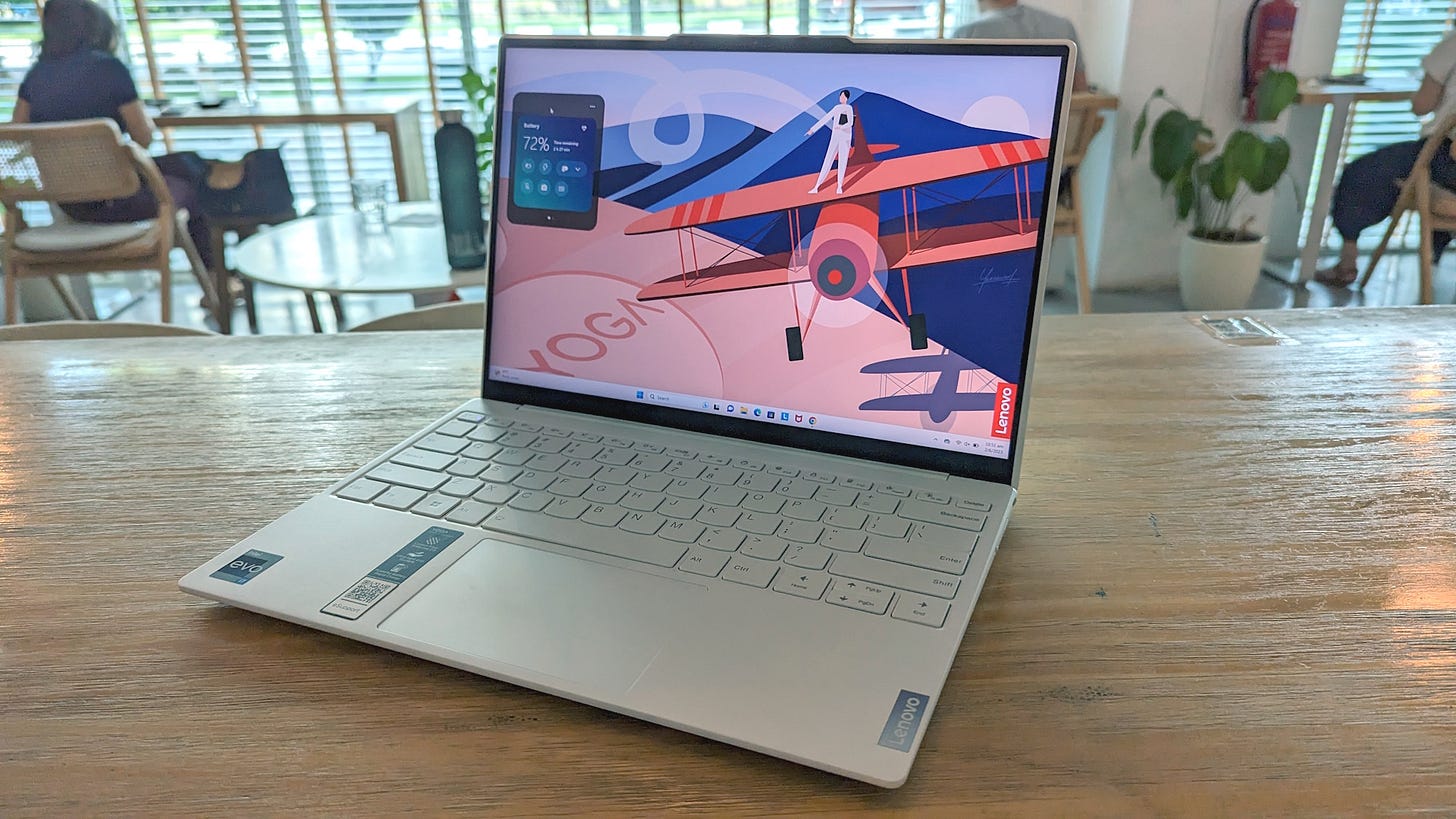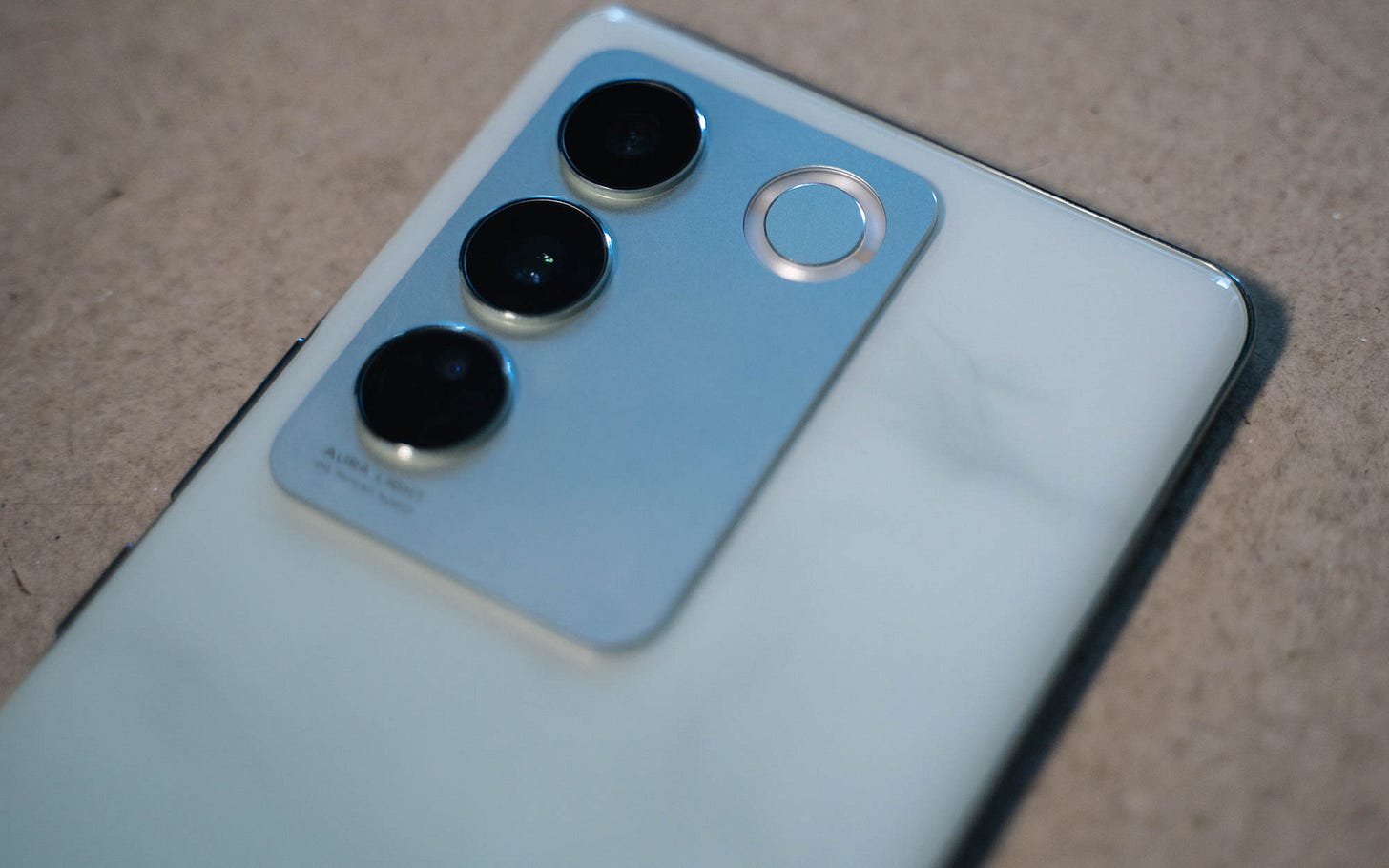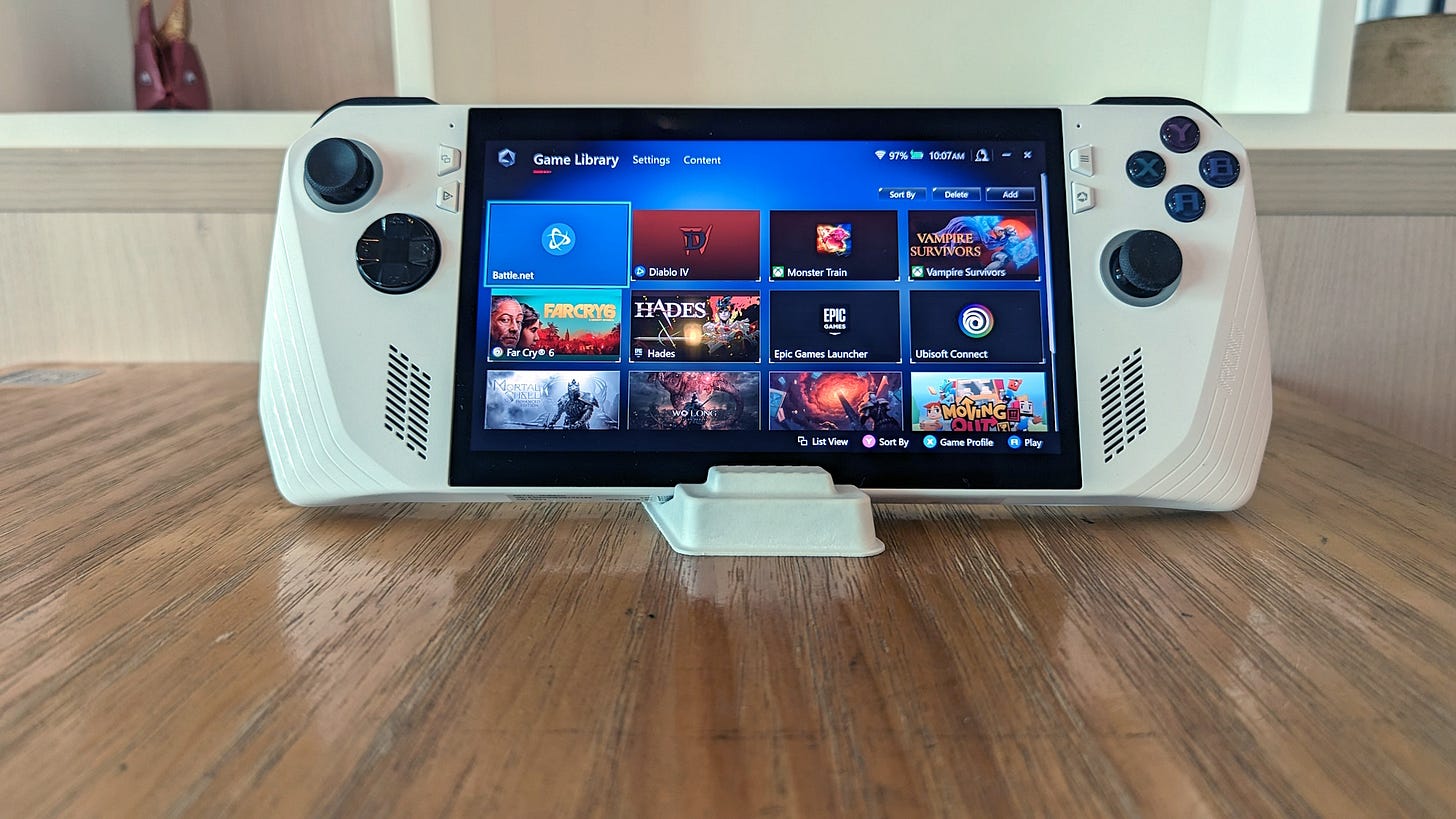Show us the games
No E3 this year, no problemo
For game journalists, the annual Electronic Entertainment Expo (E3) was the “Mecca” that gathered the big-wigs of the gaming industry. I never did score a trip to the show, and I guess I never would. This year’s edition was cancelled. It had been coming — the show had been declining over the years, and COVID didn’t help.
What replaced E3 is a plethora of online showcases from publishers and developers. There’s the Summer Game Fest from Geoff Keighley (Game Awards). Sony and Microsoft also hosted their own shows. The latter, especially, needs a boost with its Xbox console lagging behind Sony’s PlayStation 5 in sales. The new Starfield gameplay certainly looks promising, while the upcoming open-world Star Wars Outlaws game (trailer) seems to be more like Andor (with no lightsaber in sight) rather than another Jedi vs Sith struggle.
Gamers will get more out of these online showcases compared with the traditional E3 format. Most folks won’t be able to attend E3 in person anyway. Game journalists will no doubt lament losing the opportunity to meet game developers, and try stuff out first-hand. But even the business side of E3, like the networking between retailers and publishers, is less relevant today with digital sales having overtaken physical copies for several years now.
In our latest reviews, we tested a sleek ultraportable from Lenovo, a mid-range smartphone from Vivo, and Asus’ handheld gaming PC.
For road warriors that value portability over everything, the Lenovo Yoga Slim 7i Carbon, which is just under a kilogram, makes a strong case. You do lose out on ports (two Thunderbolt 4 and no audio jack), and the battery life is so-so. But if you’re spending half a day on the go, it’s a solid option.
The Vivo 27 5G is a decent mid-range smartphone with better-than-expected cameras, especially for low-light. You get clean and crisp images, and night photos are great — well-exposed with plenty of detail. Performance and battery life are relatively good, too, for its S$699 price.
The Asus ROG Ally handheld gaming PC has been billed as the Steam Deck killer, and it certainly more than matches the performance of its rival. But it also consumes more power, and its Windows interface needs a bit more tweaking. Still, it can be a good alternative for enthusiasts that are comfortable fiddling with the settings.





